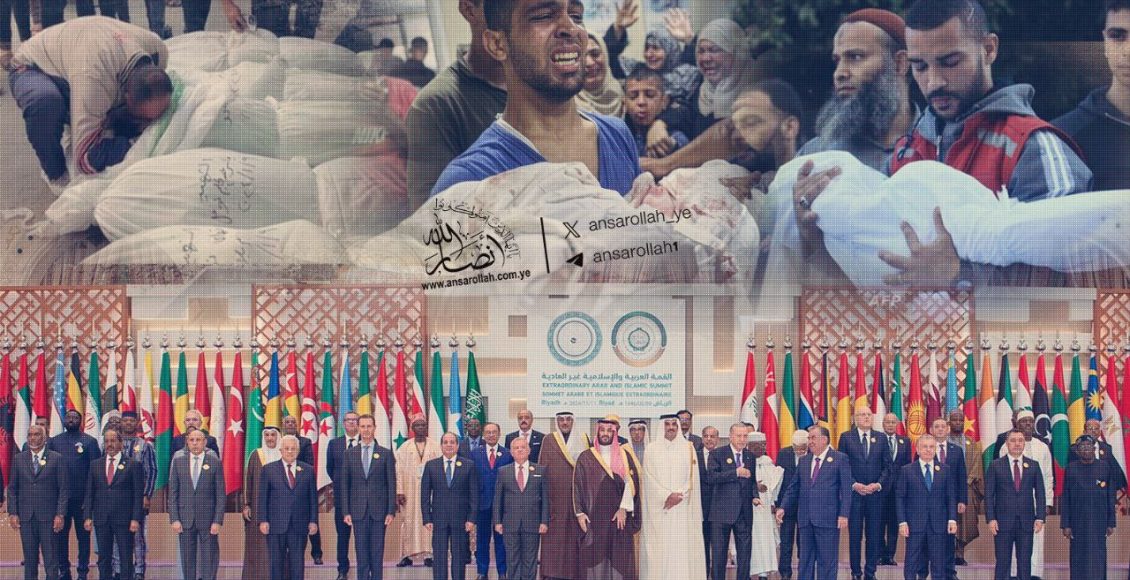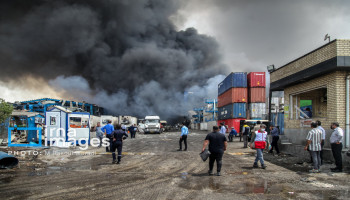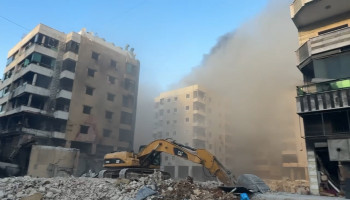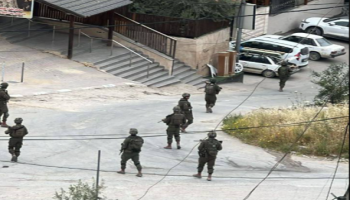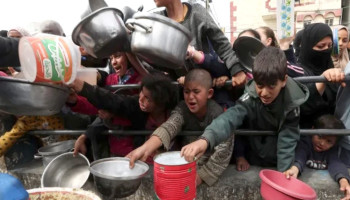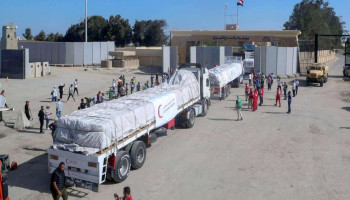Since its inception in the mid-20th century, the Arab League has carried the hopes and dreams of the Arab nations, who envisioned it as a pathway to unity. Many believed it would erase artificial borders and become a powerful force, restoring a shared Arab identity enriched by blood, faith, language, land, and common interests. With such high expectations, Arabs celebrated the League’s founding, envisioning a united front they had long sung, written, and dreamed about.
Yet, those hopes were quickly shattered as Arab agreements unraveled, frustration deepened, and disillusionment compounded. The repetitive images of summit meetings and the leaders' annual gatherings turned the idea of unity into a cruel illusion. What was initially a struggle to achieve unity devolved into failure, and that failure created a strategic vacuum exploited by Zionist ambitions. Disheartened by this stagnation, Arab societies have grown increasingly resigned, their response to every summit a bitter echo: "Nothing to hope for, summit after summit, statement after statement."
These meetings, now bland rituals laden with formalities and uninspired rhetoric, seem far from a region embroiled in wars and seismic events. Some even label them as “extraordinary,” such as the recent Riyadh Summit that brought together over fifty Arab and Islamic states. They have become merely theatrical performances, focused more on form and appearance than on addressing the pain and substance. The leaders remain isolated from their people, disconnected except through the shared Arabic language that ties only their letters, not their causes.
Arab and Islamic summits have become hollow gatherings convened for seemingly valid reasons but yielding few meaningful outcomes. Their declarations rarely deliver on expectations.
It is almost unimaginable that the 2024 Arab and Islamic Summit was held amid the ongoing slaughter of 150,000 Palestinians by the Israeli enemy, a toll that has only worsened from last year's summit to the reading of this year's statement.
The Summit of Condemnation
In this grim reality, Riyadh’s “extraordinary” summit played out as a depressingly familiar scene. As one observer remarked: “This Riyadh summit is, like the last, mere noise in statements and silent in action. Nothing new from last year.” This disappointing repetition illustrates the summits' inability to bring about even the smallest desired changes. If transformation isn’t possible now—against the backdrop of mass killings in Gaza and Lebanon—when will it be?
Gathered at this summit were the leaders of over fifty Arab and Islamic countries, brought together ostensibly to forge a path forward for the ummah.. Yet, what should be an opportunity for critical self-reflection and decisive strategy is marred by glaring contradictions. The suffering of the Palestinian people, the focal point of the summit, is discussed alongside leaders who have normalized ties with Israel. These leaders—kings, presidents, and officials—seem more united by their inaction and normalization efforts than by any sense of duty to Islam or Arab unity. This hypocrisy exposes the weakness and moral detachment of the official Arab-Islamic stance from religious, national, and cultural values.
The Leaders’ Paralysis
The Riyadh Summit was, in essence, a carbon copy of the previous year’s gathering. The only difference lay in the death toll from the ongoing genocide. The same faces, the same rhetoric, even Prince Mohammed bin Salman’s expressions remained unchanged. Only the decor had shifted: purple carpets replacing red, perhaps to mask reminders of the bloodshed in Gaza and Lebanon.
This superficial change underscores the depth of the crisis, revealing the leaders’ impotence and their evident betrayal of their peoples, identities, religion, and nationalism. Crown Prince bin Salman boasted about the success of last year’s summit in establishing an "international coalition to recognize Palestine," ignoring the truth that Palestinian rights are eternal, neither dependent on nor diminished by international recognition. Meanwhile, Egypt’s president lamented Gaza’s suffering while conveniently sidestepping his country’s role in the siege, perpetuated through the Rafah border crossing, and his government’s facilitation of Israeli naval vessels through the Suez Canal to ease the blockade on the Zionist entity.
Jordan’s king, in his accented and anglicized tone, spoke of the “two-state solution,” conveniently forgetting that this proposed resolution is itself a core problem, only legitimized by an illegitimate UN decision.
Amid this hopeless scene, officials exchanged lofty titles, their statements beginning with condemnation of Israeli crimes and ending with reassurances that normalization remains the underlying principle guiding Arab leaders’ decisions. Their empty rhetoric sustains the status quo, advancing Zionist interests while the region spirals into despair. It is a continuous cycle of failure and impotence, mirroring the general decline of both Arab and Islamic leadership.
Repackaging Failure
These summits, held in settings disconnected from the realities on the ground and the significant advancements of resistance movements across multiple fronts, only serve to deepen the Arab and Islamic world's sense of despair. Instead of tackling reality, leaders recycle failure, presenting it as fate rather than seizing the moment for reevaluation and bold change.
Instead of transforming these meetings into platforms for meaningful change, they produce empty, lifeless declarations. As one prominent figure aptly described last year’s statement, it was “nothing more than a lackluster school radio announcement.”
The cold, detached, and ineffective summits reveal an urgent need for a radical overhaul to restore the ummah to its rightful position.At the very least, there must be an effort to uphold basic human dignity, let alone revitalize the ummah's civilizational mission as the bearer of the Prophet’s message and the culmination of the prophets' legacy.

